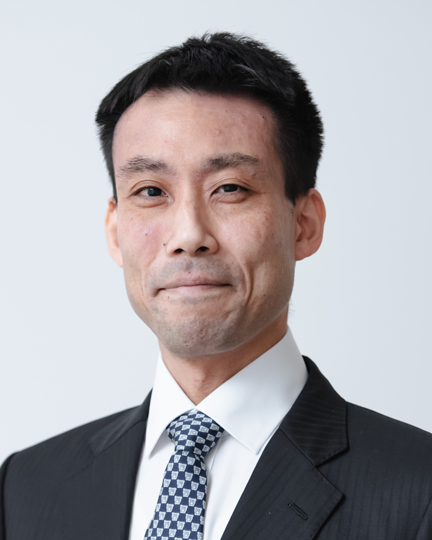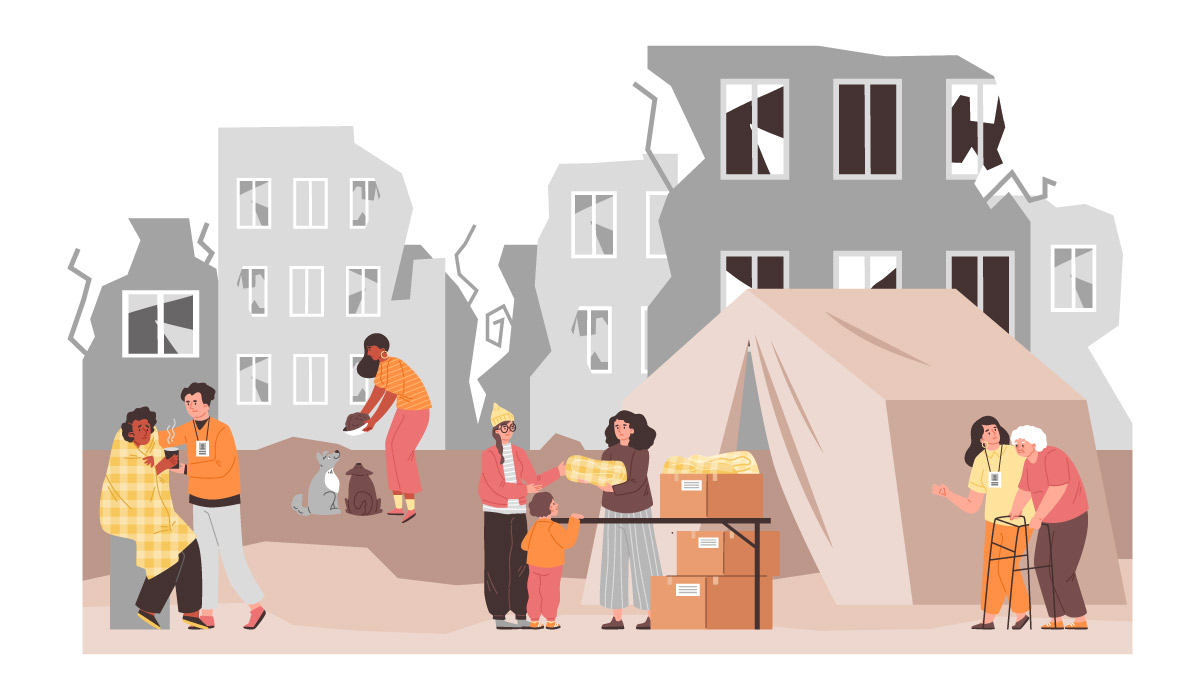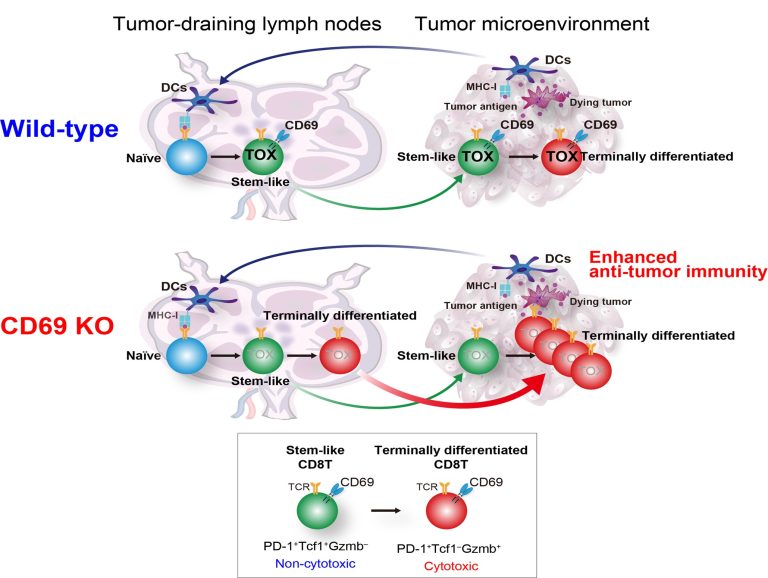Elucidation of molecular basis of the immune aging and development of platform technology for preventing disaster-related death

-
- Principal Investigator
Professor / Atsushi ONODERA
- Affiliation
Institute for Advanced Academic Research / Graduate School of Medicine / Research Institute of Disaster Medicine, Chiba University
Researchmap
ORCID ID
- Principal Investigator
Japan has been hit by major disasters in recent years, including earthquakes, tsunamis, typhoons, torrential rains, and heat waves. Although it is not widely known, disasters/climate change and immunology are closely related. After the Great East Japan Earthquake and Tsunami, the sanitary environment deteriorated due to a massive outbreak of flies and mosquitoes because of decomposition of spilled marine products. In addition, with global warming, there are fears of an influx of dengue fever and malaria from tropical regions into Japan.
Recently, disaster-related deaths, which are not deaths from direct damage caused by disasters, but from illness due to the stress of living in evacuation centers, have been attracting attention. Disaster-related deaths are characterized by a high prevalence among the elderly and mainly caused by respiratory and cardiovascular diseases. The risk of disaster-related deaths is particularly high in evacuation centers, where many people live in small spaces and hygiene conditions are poor. Even though disaster-related deaths are a very important issue in Japan, little research has been conducted from an immunological perspective. The newly established Research Institute for Disaster Medicine (RIDM), located adjacent to the School of Medicine main building, is actively working to solve these often-overlooked issues in disaster medicine.
By elucidating the relationship between aging and immune abnormalities, this research team will promote the development of diagnostic and therapeutic platforms for preventing disaster-related deaths. The research team is particularly focusing on the epigenomic status of immune cells (i.e., the chemical modifications involved in the regulation of gene expression). Recent studies have shown that aging and lifestyle disruption can disturb immune cell function through epigenomic abnormalities, increasing the risk of heart and lung disease and infection.
Although the start of this research is a life science-based study, in the future, I would like to go beyond the boundaries of the life sciences and promote the integration of pharmaceutical science and engineering with many researchers inside and outside the university. I will continue our research to advocate, practice, and disseminate the concept of “Medical Geoscience,” which is a fusion of “geoscience” (weather, climate, and regional characteristics) and “medical science”.



